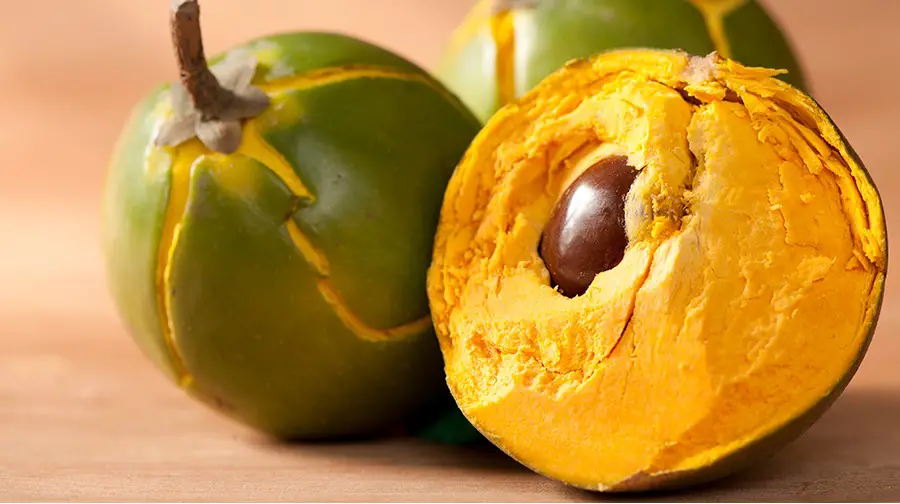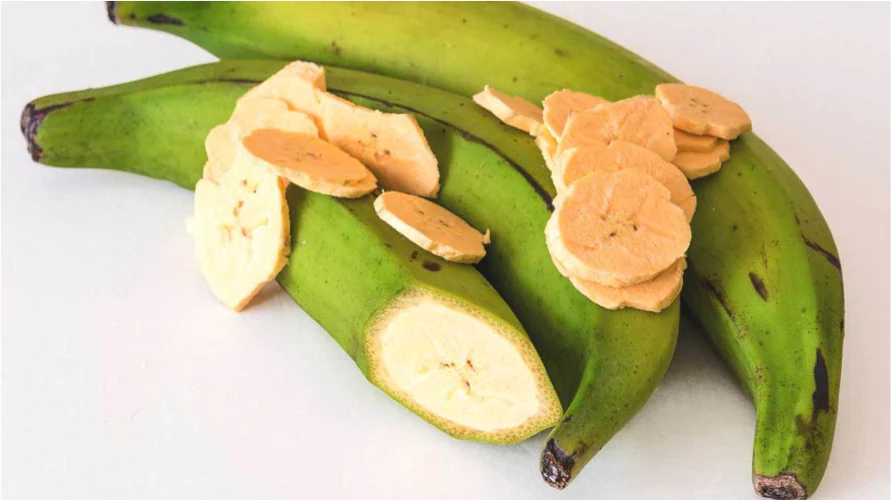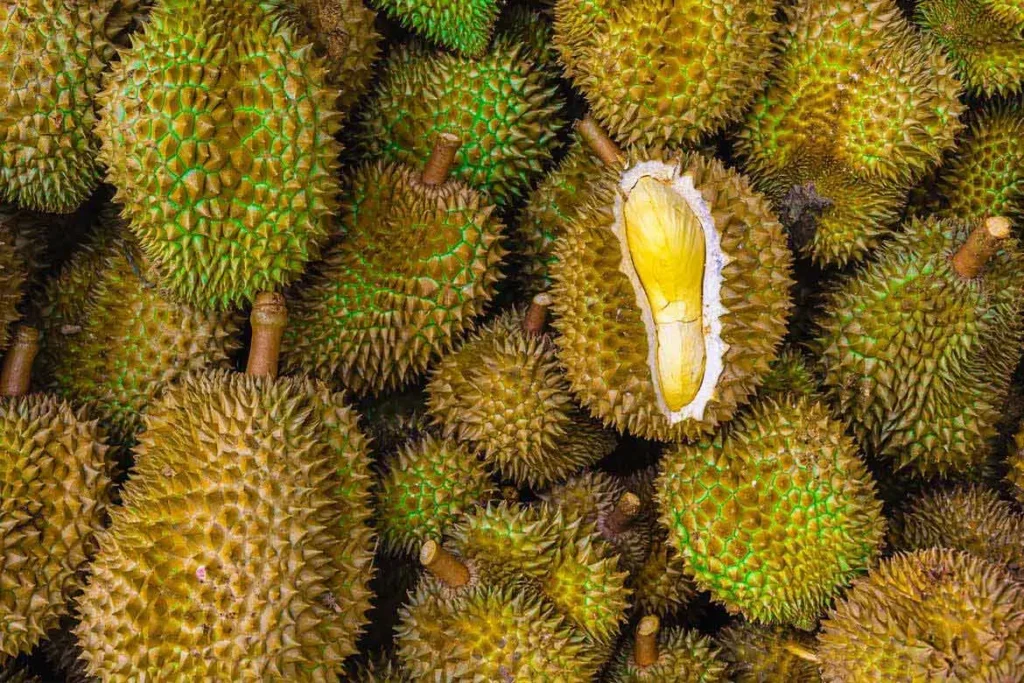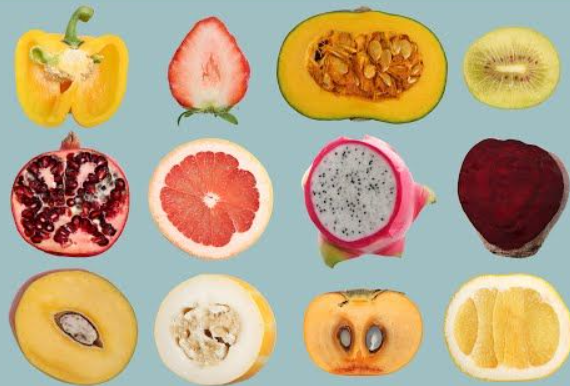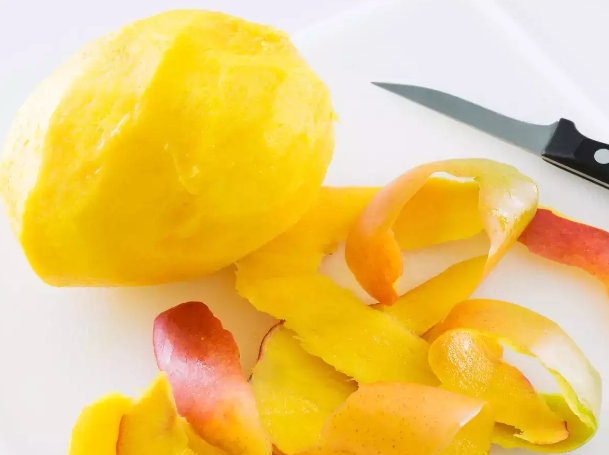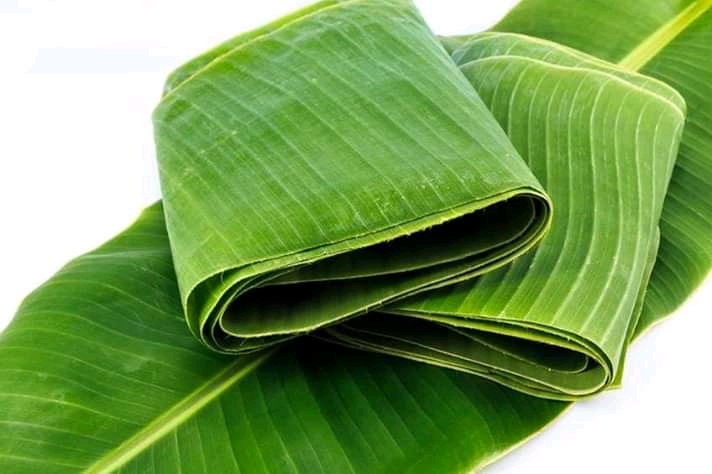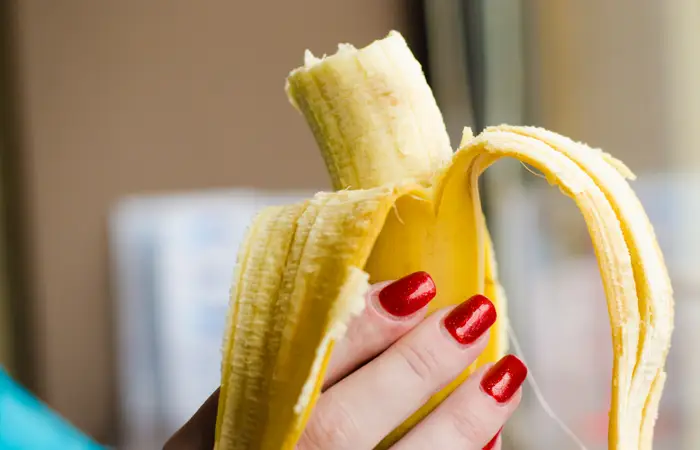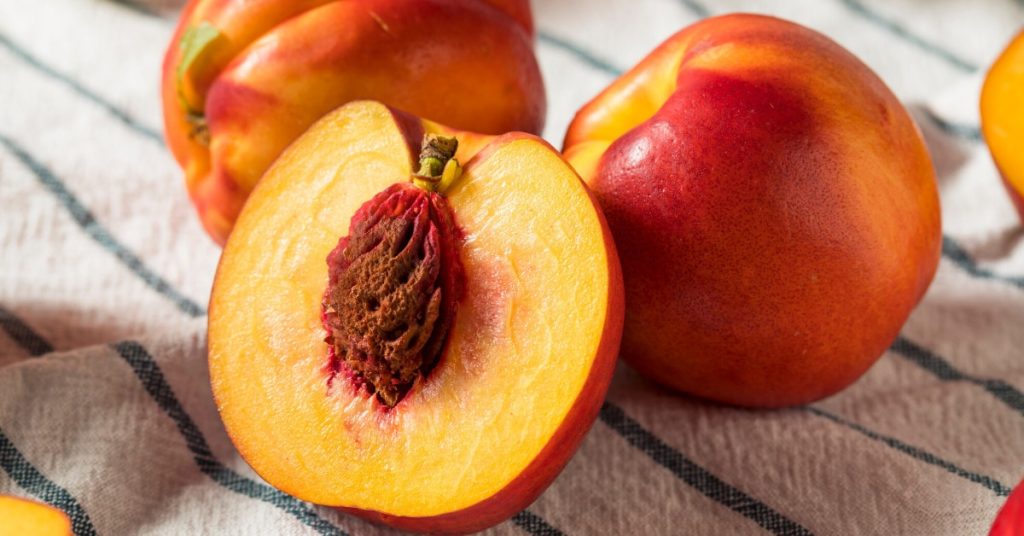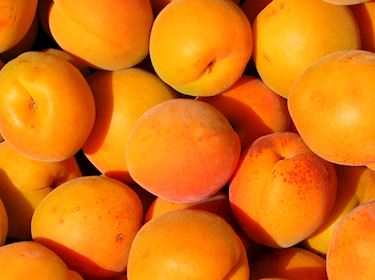Have you bitten into a persimmon and had your mouth feel like all the moisture was sucked out? It’s a common thing that happens to many who try persimmons. This article is all about why persimmons can make your mouth dry and what you can do to stop it.
Persimmons are fruity treats that come from trees in warm climate areas. They started in China and are now enjoyed all over. They’re often orange or reddish and look a bit squished. When they’re ripe, they’re really soft and tasty, like a dessert.
Table of Contents
What’s the Taste of a Persimmon Like?
If you wait until a persimmon is just right to eat, it will be super sweet and a bit like honey. You might notice a zesty flavor that lingers afterward. It’s got this mushy, juicy texture that reminds some people of mangoes or papayas.
But Why Do Persimmons Dry Your Mouth?
That dry feeling in your mouth comes from stuff in the persimmon called tannins.
What Are These Tannins All About?
Tannins are found in a bunch of plants and they’re the reason your mouth feels puckered and dry after having certain drinks, like strong tea or red wine. Tannins grab onto the proteins in spit, and that’s what makes your mouth dry.
Persimmons pack a whole lot of tannins, especially when they’re not ripe, and that’s why they give such a big drying punch. But not all persimmons are like this. There are two main kids on the block: astringent and non-astringent persimmons.
The astringent ones have tannins galore and they’re not nice to eat until they’re totally ripe. Bite into an astringent persimmon too early, and your mouth will be left feeling super dry because of all those tannins.
The non-astringent ones, however, are friendlier and have way fewer tannins. You can munch on them even when they’re still a bit hard. They’re more gentle on your mouth and won’t likely cause that dry sensation.
Can You Avoid the Dry Mouth from Persimmons?
Sure! If you want to eat a persimmon without turning your mouth into a desert, pick the non-astringent type. Or you can combine them with other foods to mellow out the dryness.
For instance, enjoy your persimmon with cheese or nuts. These foods can handle the tannins and keep your mouth happy. Another quick fix is having a glass of water or milk after eating a persimmon. This washes away the tannins.
How to Eat Persimmons
Eating a persimmon is easy. Cut it in half, get rid of the stem, and then dig in with a spoon, or just bite into it like an apple if you don’t mind the skin and seeds. Persimmons are also great in all sorts of recipes, from sweet to savory.
Recipe Ideas with Persimmons
Ready to get creative with persimmons? Check out these tasty ideas:
- Persimmon Salad mixed with Pomegranate and Avocado
- Smoothie with Persimmon and Ginger
- Sweet Persimmon Bread Pudding
- Persimmon Crostini with Goat Cheese
- Warm Soup with Roasted Persimmon and Butternut Squash
Wrapping Up the Persimmon Talk
Persimmons can turn your mouth dry due to tannins, but there are tricks to make them more enjoyable. They’re nutritious and can be a great addition to your food line-up. Why not try them out in different recipes?
